In this excerpt, Chavarría discusses how he imagines retiring as Major Devil.
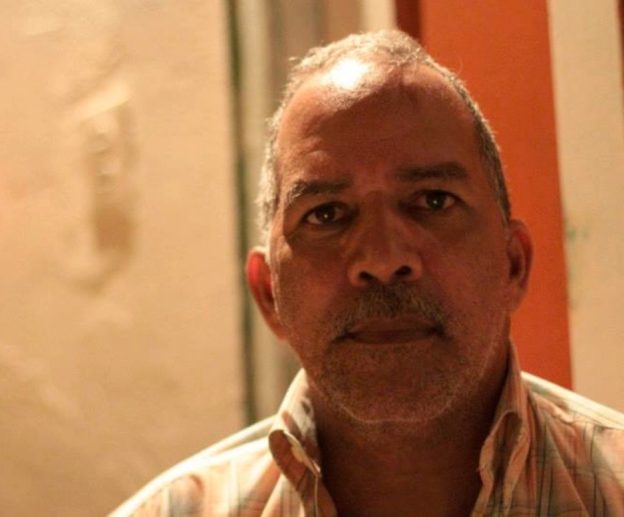


In this excerpt, Chavarría discusses how he imagines retiring as Major Devil.
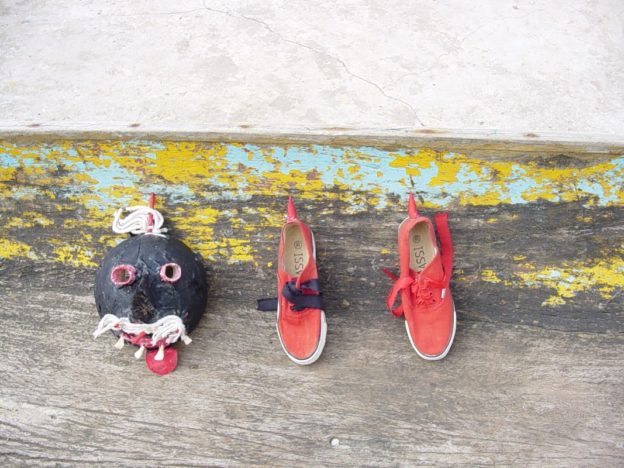
In this excerpt, Chavarría discusses his mentor Celedonio Molinar’s lasting legacy to the town and to the Congo tradition, including a charge to embrace the tradition with pride and joy.
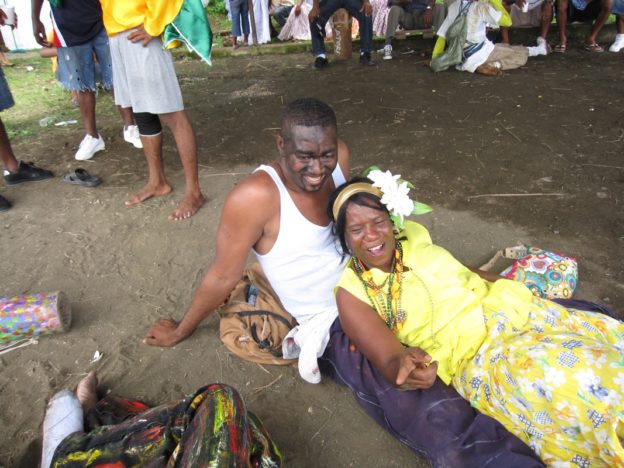
In this excerpt, Chavarría talks about the importance of the Congo tradition and Congo dance to the community’s sense of pride and self. He urges young people to maintain the power of their traditions and to stay anchored to their sense of “place” and home.
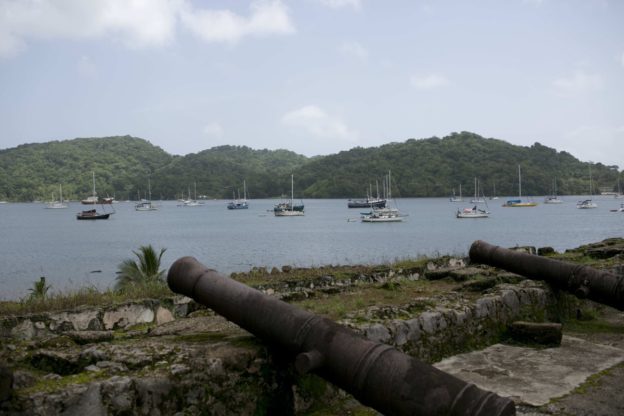
In this excerpt, Chavarría shares childhood memories about how the Congo tradition was enacted before “the road.” In the “closed” community people did not work during carnival season, pooled resources, shared food, and communed together for several days as part of their celebration.
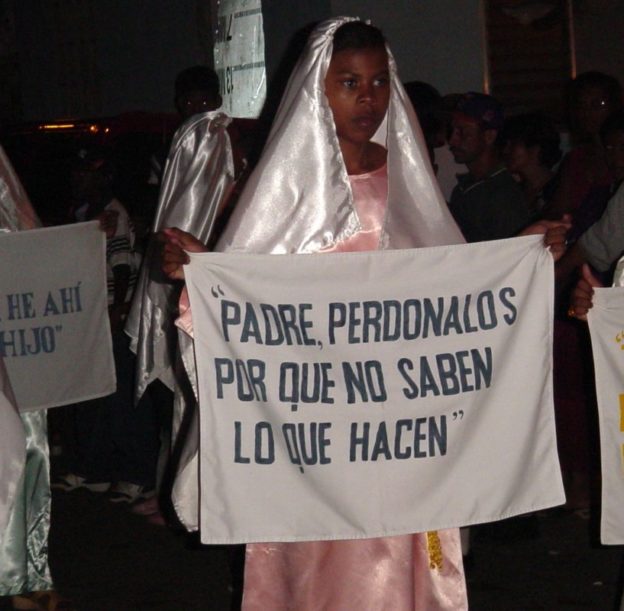
In this excerpt, Chavarría shares a story about what happened when the Major Devil played the starring role in the Passion of Christ.
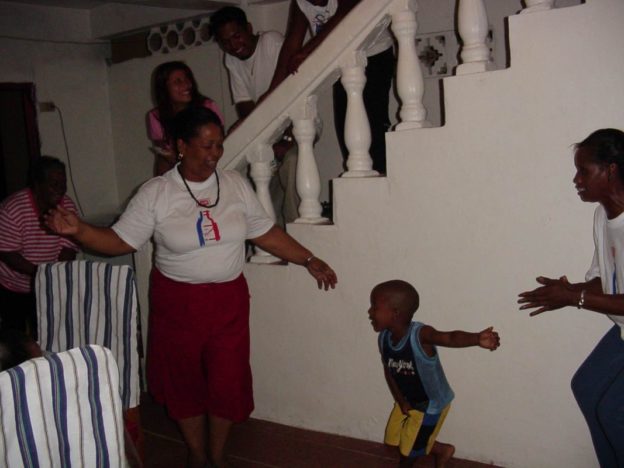
In this excerpt, Chavarría responds to the question, “One hundred years in the future when scholars are studying the Congo tradition in Portobelo, what are the most important things that they should know?”
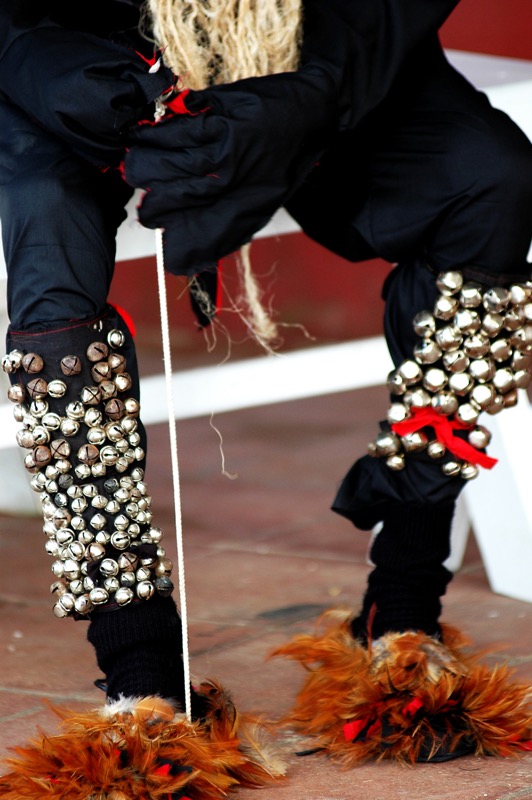
In this excerpt, Chavarría discusses the way in which hierarchies of Congo Devils greet one another, how they are baptized within the tradition, and the importance of crossing one’s feet and “dancing” in the devil way.
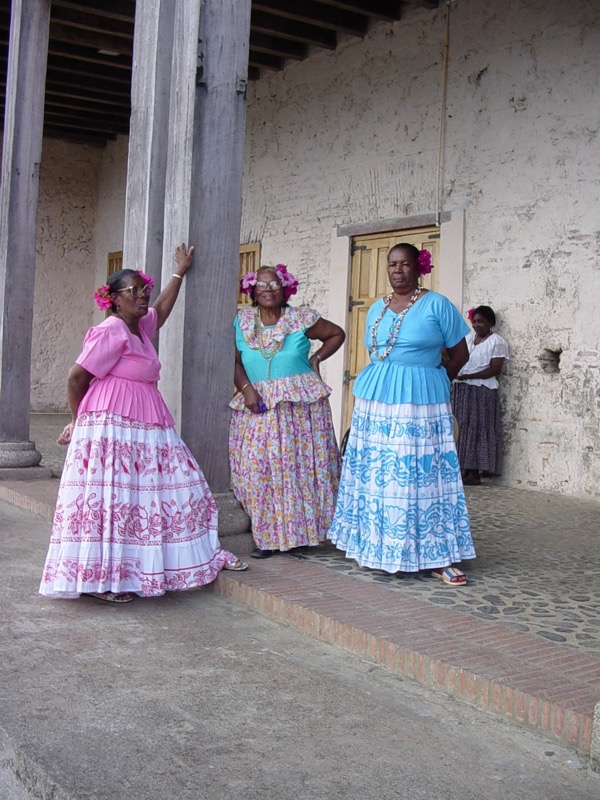
In this excerpt, Esquina discusses the changes she has seen in the Congo tradition over the course of her lifetime. Specifically, she talks about the role that a character named “Mama Guardia” once played.
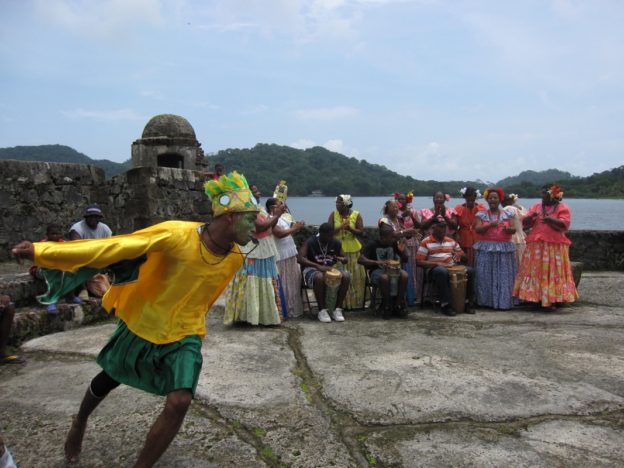
In this excerpt, Esquina discusses the changes she has seen in the Congo tradition over the course of her lifetime. Specifically, she talks about the role that Pajarito, the Little Bird, once played in the Congo game, and the ways in which the character and the game have shifted. The construction of the road signaled the end of the game as one between neighboring Congo Kingdoms who competed to capture each others’ palacio/palenque. The contemporary game is between the discrete Congo communities and the character of the devil.
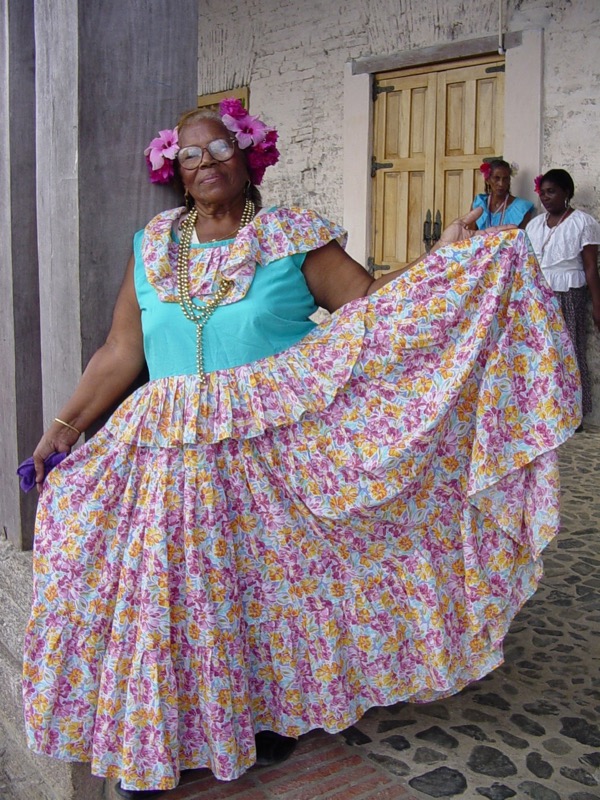
In this short excerpt, Esquina talks about the ways in which tourism is reviving aspects of the Congo tradition in Portobelo.